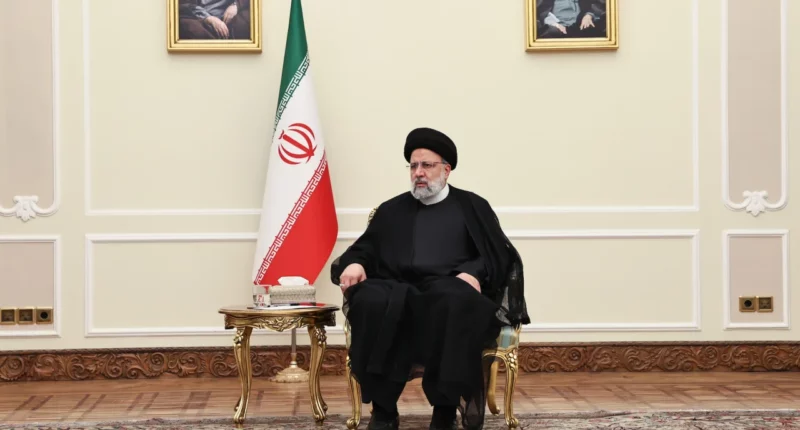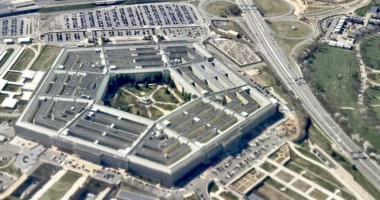The intricacies of Iran’s geopolitical maneuvers in its proxy battle against Israel raise questions about its true objectives and long-term strategy. As Henry Kissinger once pondered, Iran must grapple with whether it sees itself as a cause or a nation. Presently, it appears Iran has chosen both identities, disseminating its militant Shia ideology throughout the Middle East.
From supporting Hezbollah in Lebanon and Hamas in Gaza to backing militias in Iraq and the Houthi rebels in Yemen, Iran has extended its influence across the region. The recent attacks by Hamas in Israel on October 7, catching both Iran and Hezbollah off guard, highlight the complexity of these alliances.
Hezbollah, with its significant military capacity, surpassing even the Lebanese army, is more aligned with the Iranian government than Hamas. However, after Hamas’s unexpected assaults, neither Iran nor Hezbollah seems to have formulated a clear plan. This lack of strategic foresight raises questions about the cohesion and coordination among these proxy entities.
Hassan Nasrallah, the leader of Hezbollah, publicly distanced his organization and Iran from Hamas’s attacks, emphasizing that it was a purely Palestinian operation. Nasrallah’s acknowledgment and the subsequent statement that “all options are on the table” regarding Hezbollah’s response to Israel introduce an element of uncertainty.
Hezbollah, while a potent military force, is also a political entity with 58 out of 128 seats in the Lebanese parliament. This political dimension necessitates responsiveness to Lebanese public opinion. Given Lebanon’s economic struggles and the aftermath of the 2006 war, the Lebanese people may not welcome another conflict.
Iran’s role in this proxy struggle is characterized by indirect engagement, allowing its proxies to act on its behalf. The Houthi rebels in Yemen, supported by Iran, have targeted Israeli interests, showcasing Iran’s strategy of employing proxies to exert pressure on Israel without escalating tensions directly.
Iran’s domestic challenges, including protests and economic woes, further complicate its regional approach. The Iranian leadership, grappling with a restive population and economic hardships due to sanctions, is unlikely to initiate a full-scale war with Israel. The preference is to maintain regional influence through proxies while avoiding a direct confrontation that could involve the United States.
As Iran navigates its complex geopolitical landscape, the use of proxies serves as a strategic tool, allowing Tehran to project power while mitigating the risk of direct conflict. The recent proxy engagements in Iraq, Syria, and Yemen underscore Iran’s multifaceted approach, using regional entities to pursue its objectives while avoiding direct military confrontation.





